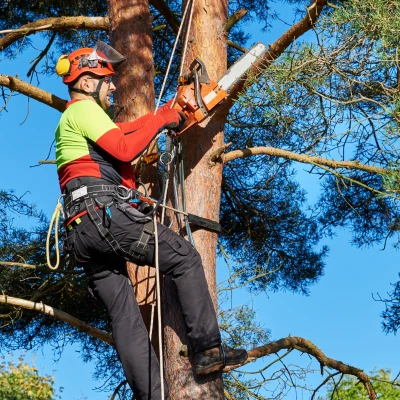You may be wondering how to choose SEO keywords for your website that will increase your chances of landing in the search results of your target market.

SEO stands for search optimization. It is the process of making your website content and structure easy for search engines to understand in order to help you rank higher in online searches. You know how Google sometimes seems to know what you’re thinking? (Not creepy at all.) Well, it also knows what your potential customers are searching for, interested in, or could be interested in based on their other searches.
In order to help your website land in front of the people who are looking for your product or service, you need to help the search engines understand exactly what you’re serving, and to whom.
I know that SEO can seem pretty daunting. Sometimes it even feels easier to ignore it and hope that pretty pictures on your website and word of mouth will get the marketing work done. Hey, maybe it will! But I’d like to offer a simple step you can take to help with SEO that will give you an edge over your competitors who aren’t even thinking about how to choose SEO keywords.
One of the solutions search engines offer us to increase our online presence is the opportunity to list keywords or keyphrases for each page of our site. When Google crawls your site, it’s looking for that information (and confirming that you use it elsewhere on the page - more on this later) to help it categorize your site and file it in a virtual catalog of sorts.
While having a keyword like “dog food,” “painter,” or “doula” will help the search engines understand what you do, a keyphrase will help them narrow down that seach and serve it to a more specific niche audience.
For example, if I search for “dog food,” I get 1.9 billion search results. However, if I search “dog food for elderly dogs,” I get 814 million results. Yes, that’s still a big number, but it’s much smaller than 1.9 billion. If I search for “senior dog food for small breed,” that number goes down to 17.7 million. Add the word “best” in front of it, and you shave off 3 million more results.
Speaking to a smaller audience gives your small business a better chance of showing up in front of just the right people.
Continuing with our examples from above, does the painter make paintings you hang on the wall or do they paint houses? Do they paint the interior or exterior? Which city are they located in? Do they use environmentally-friendly paint?
Is the doula a birth doula, postpartum doula, or death doula? Do they serve clients in a particular city, or online? Do they specialize in helping LBGTQ+ families? Families of children with special needs? The more specific you are, the better chance you have of landing in the search results of your ideal client.
On each page of your website, it’s important to use your keyphrase throughout the content. This confirms to both the search engines and the people who are looking at your page that yes, this is what your page is actually about. It gives your website legitimacy. If someone else links to that page through a social media post, a page on their website, or a news article, that lends even more credibility.
Don’t overdo it. You want the content to be legible and make sense for your human readers, and you don’t want the search engines to ding you for keyword stuffing. In this article, the keyphrase is, “How to choose SEO keywords.” If I had that in every sentence, it would feel clunky to read. It would also alert search engines that I’m probably just trying to trick them into ranking my page highly for that keyphrase and actually wind up having the opposite effect.
Location, Location, Location...
Your page title and content aren’t the only place to include your SEO keywords or keyphrases. You’ll also want to include them in your:
-
URL: You might also see this referred to as the “slug” in the back end of your website.
-
Meta description: The short summary that your website shows to search engines.
-
Headers: The headers on your website (this is often the larger text like section titles) help Google to understand what it most important.
-
*Alt text: Alt text helps people who use screen readers to understand what images on websites are about. DON’T use that section to stuff keywords. DO include your keyphrase if it doesn’t hinder accessibility. For example, “An arborist in Atlanta trims a loblolly pine."

Which keywords or keyphrases can you start honing in on to help both search engines and humans understand more clearly who you are, what you are offering, and whom you serve? If you need help updating the SEO on your website, reach out for a free consultation call to help you understand your options.
Warmly,
Nikki